Trumpeter Philip Dizack embodied an uncanny mix of charm and introspection when we met him for the first time, immediately after his performance on the Main Stage at the 2013 Iowa City Jazz Festival.
A quick wink to his beautiful fiancé before the start of the interview lays the charm clear for all to see. What was less expected, however, was the level of thought and introspection expressed during our discussion. Perhaps this character was fitting for the time. Having just laid his heart bare on stage playing tunes from his latest album ‘End of an Era’. His trumpet standing as a grand voice, proclaiming the raw emotion of the loss of a loved one, an impending natural disaster. The shared human experience. The end of an era.
We asked the Milwaukee-born artist about his motivations, his upcoming projects, and his hopes for the futures. Check the text below. Edited for brevity.
JL: What are your musical origins – How did you get started with music and the trumpet?
PD: I’m from the Midwest -Milwaukee, WI- and my father is an audio technician, designing high-end audio systems. We always had a bunch of CDs and records at home and he was always playing music. One of the records had been a compilation CD by Miles Davis, so when I started with the trumpet I spent probably the next year when I was 10 or 11 trying to sound like Miles Davis playing “Just Squeeze Me” and that’s how I fell in love with jazz and the trumpet.
Miles has always been always a huge influence. Nicholas Payton as well, my dad also had one of his CDs. He played music by Lee Morgan, Clifford Brown, Louis Armstrong — The usual suspects. He also had Cedar Walton, Oscar Peterson, and he’d even play some smooth jazz and groups like Yellowjackets. So I always had a range of jazz influences. There was a lot of music playing all the time at my house growing up.
If you weren’t a musician, what do you think you’d be doing?
There are two things I always wanted to do. One, to be a carpenter, because I love woodworking and creating. The other, a therapist or psychologist. Just like in music, I like the very intimate connection with people and things that you’re capable of having with those professions.
What was the genesis of your last album, ‘End of an Era’?
I had some losses in my family, and a serious relationship ending, at the same time that I was witnessing the earthquakes in Haiti. It was a devastating time.
I realized that the inner turmoil each person faces is identical regardless of what they’re going through. Losing a grandparent, or a significant other. Or if you are going through an emotional change because you’re growing, or because you live through something horrendous like a natural disaster. I have songs representing all of those moments on this record.
It’s such a palette of expression, which is so different from my first record, which a more plain documentation of my growth and development as a musician up to that point. This record was a raw outpouring of emotion, which kind of ties in to my interest in being a therapist if I wasn’t a musician. It’s all about being able to communicate those feelings.
You used Kickstarter to fund ‘End of an Era’ – Was that always part of the plan?
I have friends that run a label, and they gave me the opportunity to work with them and have complete control over what I wanted to do. Release dates, album art, who the musicians were, what the music was. I had a lot of flexibility as opposed to a bigger label, where you have a very strict timeline, and they have maybe too much of a say in what you do and don’t get to do.
Financially, they’re not as established as any of the larger records labels. So Kickstarter made the album possible, really, while allowing me to connect with my fans throughout the process.
What advice would you give to other musicians going down the crowdfunding route?
I feel like when I did it, it was just starting to become popular, and now everyone’s doing crowdfunding. I feel like the most important thing, when making music or having a relationship or whatever it is, is that you’re extremely genuine and communicative in everything you’re doing. When you are, you’re going to be successful in everything.
Why did you wait six years between your first album and ‘End of an Era’?
Well, my relationship ended. I think that it’s very easy to express yourself when there’s a lot to express, and that’s the juiciest time to compose and play. It becomes very natural to write and play when you’re living it as opposed to when the emotional intensity of what you’re going through is not that serious.
I like what I play to be very intense, and I feel the same way when I write. Whether i’m feeling happy or sad, or going through something. I feel like it’s still very intense, and I always strive for the most direct way to communicate that.
What was it like working with so many great people on End of an Era?
Everyone that I call is someone I look up to and respect as a musician. Having the opportunity to communicate with them musically is always very humbling for me. They are people I’ve listened to for a long time, and people who i grew up with. The bass player, Joe Sanders, I grew up with him in Milwaukee. So it’s very special for me that they’re so willing to give themselves to the music.
Aaron Parks was born to make music – Anything he touches turns to gold. Kendrick Scott is the most musical drummer I’ve ever played with. Joe Sanders is probably one of the greatest bass players alive, and what he’s doing on the bass is incredible. Everybody is just so incredible, and everything they do sounds and feels wonderful.
You have a new album on the way, too. Could you tell us more?
Yes, I’m excited about this one. The album is called ‘Single Soul’, and it will be coming out on Criss Cross in January. It features Eric Harland on drums. Joe Sanders on bass, Ben Wendel on saxophone, an Eden Ladin on piano. The title is derived from an Aristotle quote – ‘Love is a single soul inhabiting two bodies.’ I recently got engaged, so that ties into my ability to only make new records when relationships allow me to. But it’s a great expression of where I am, and that’s what I try to communicate when I play these songs.
I’m guessing there are some major stylistic differences between ‘Single Soul’ and ‘End of an Era’?
End of an Era was a two-year production. I spent over a year just getting that music together. There were string sections, another composer and arranger, and two bands. All for just two days in the studio. Single Soul was more of an immediate vision – A collective of developing sounds that we were still developing in the studio, leaving room for the listener to let them take it where it needs to be. As opposed to End of an Era, I was very poignant in what I was trying to communicate on that record.
What’s next for Philip Dizak?
The next step for me is to continue to develop myself as a musician and as a person. I hope that regardless of what type of music, or what band I’m playing with, that my personality is genuine and comes across that way so I can communicate with people on a very basic and direct level. I think that’s a constant throughout any musician or artist’s career. Honesty and growth through the music. I’m excited to see where that takes me.
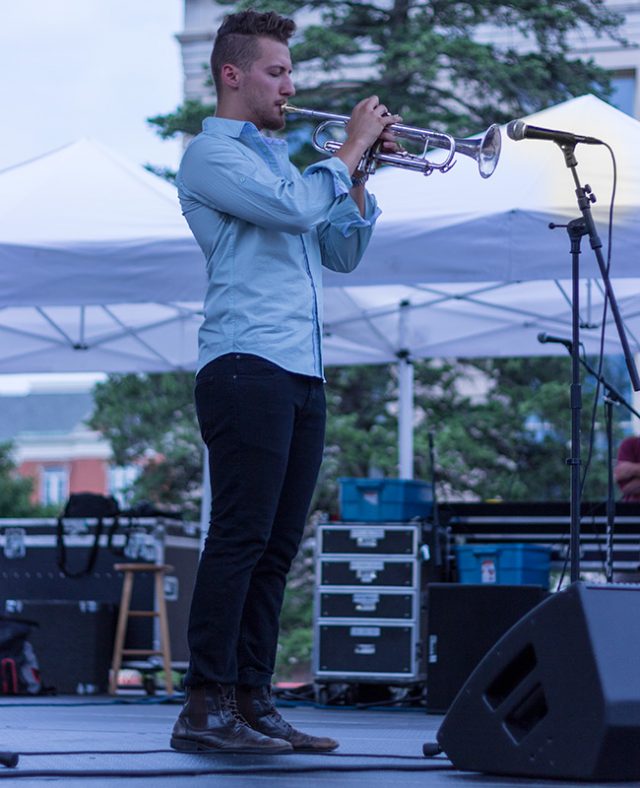
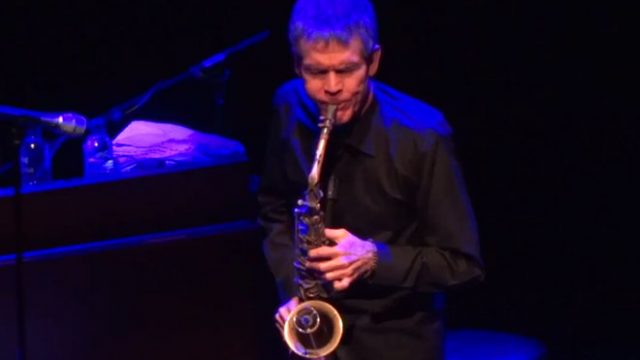
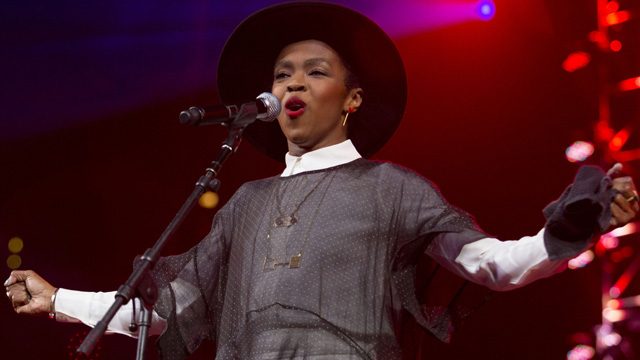
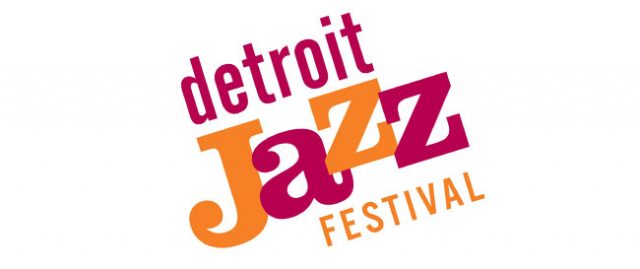
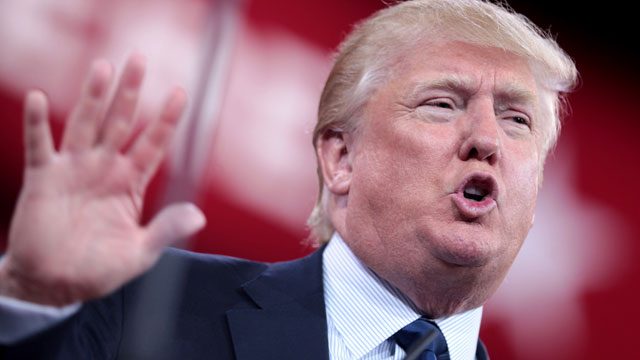
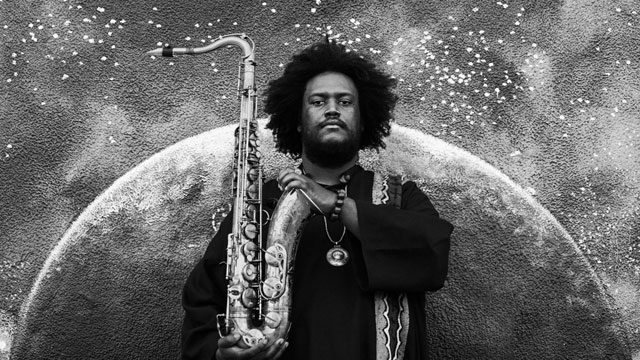
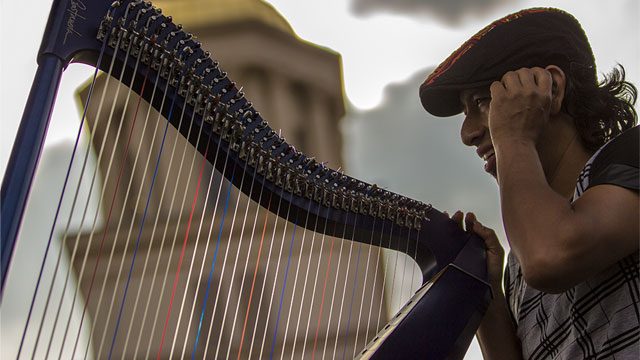
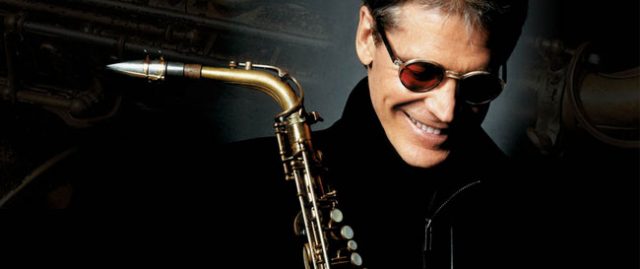
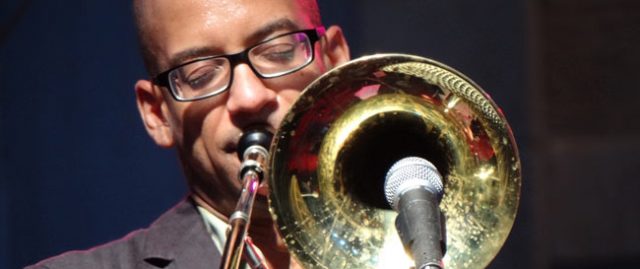
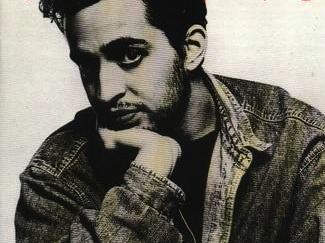
Have your say! Leave a comment below: